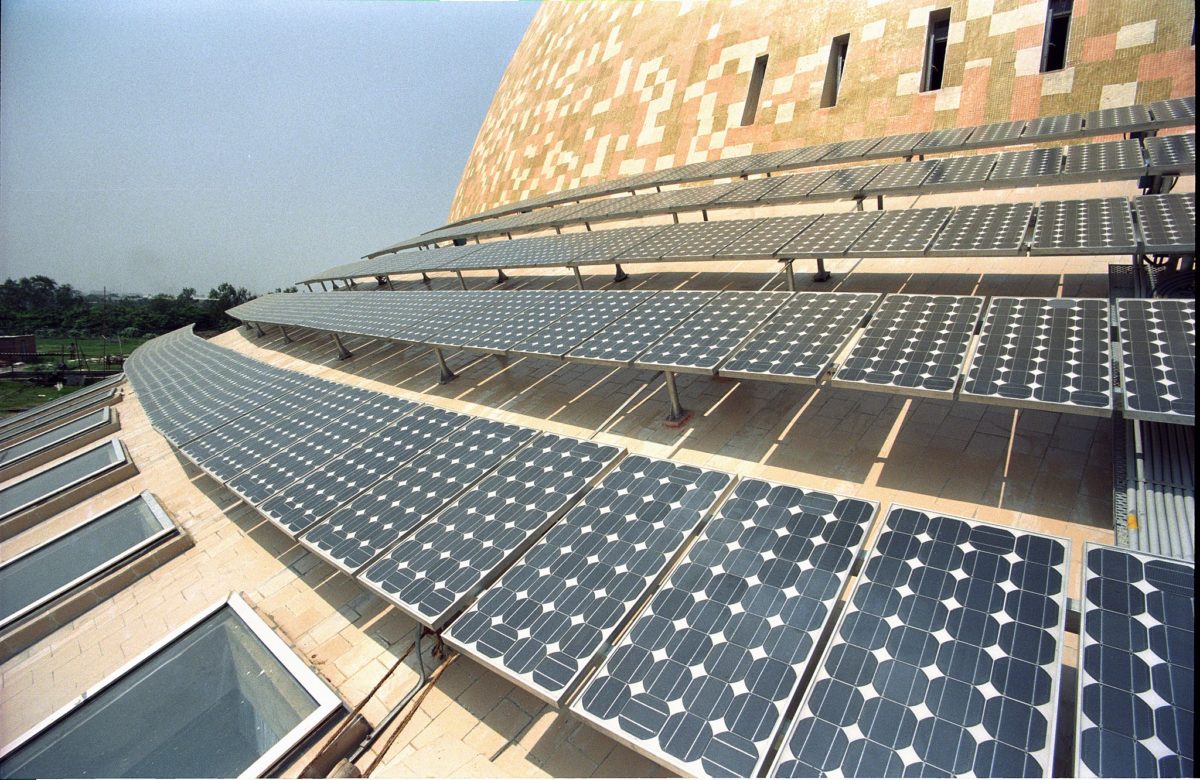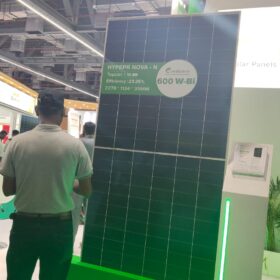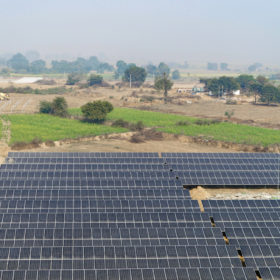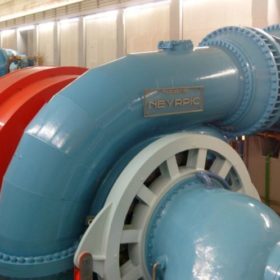The Haryana Renewable Energy Development Agency (HAREDA) is tendering for a proposed 20 MW grid-connected rooftop solar project in the state.
Bidders have until November 30 to announce their interest in constructing and operating a project worth an estimated Rs100 crore.
Though an improvement on a project tendered in October that concerned 150 W residential systems, the auction is another example of the state government body struggling to meet the ambitious solar targets laid down in its revised energy policy of 2016. The 2016-2022 energy roadmap seeks an extra 3.2 GW of solar, and includes a dramatic increase of rooftop solar, from 50 MW to 1.6 GW.
The new e-tender comes as India’s new capacity additions are set to fall 45% on the last fiscal year, with the country expected to add only 4.1 GW in 2018-19, well below the national annual target of 16 GW. The HAREDA tender does, however, correspond with the rapid growth seen in the country’s rooftop segment, which is growing at an annual rate of 70%.
The recent shift towards smaller-scale rooftop PV projects may be driven by less policy uncertainty in the segment, and less reliance on suitable areas of land and new infrastructure.
Such barriers for utility-scale solar on a national level contrast with regional policy measures for the promotion of rooftop solar with HAREDA, for example, having made favorable revisions for rooftop in its revised 2016 plan. Such measures include granting statutory clearances to successful bidders through a ‘single window facility’ within 60 days.
While large-scale solar is essential to hitting national targets, rooftop schemes, such as those being tendered in Haryana, offer a more expedient route for developers to continue making inroads until broader policy and legal hurdles are overcome.
This content is protected by copyright and may not be reused. If you want to cooperate with us and would like to reuse some of our content, please contact: editors@pv-magazine.com.








1 comment
By submitting this form you agree to pv magazine using your data for the purposes of publishing your comment.
Your personal data will only be disclosed or otherwise transmitted to third parties for the purposes of spam filtering or if this is necessary for technical maintenance of the website. Any other transfer to third parties will not take place unless this is justified on the basis of applicable data protection regulations or if pv magazine is legally obliged to do so.
You may revoke this consent at any time with effect for the future, in which case your personal data will be deleted immediately. Otherwise, your data will be deleted if pv magazine has processed your request or the purpose of data storage is fulfilled.
Further information on data privacy can be found in our Data Protection Policy.